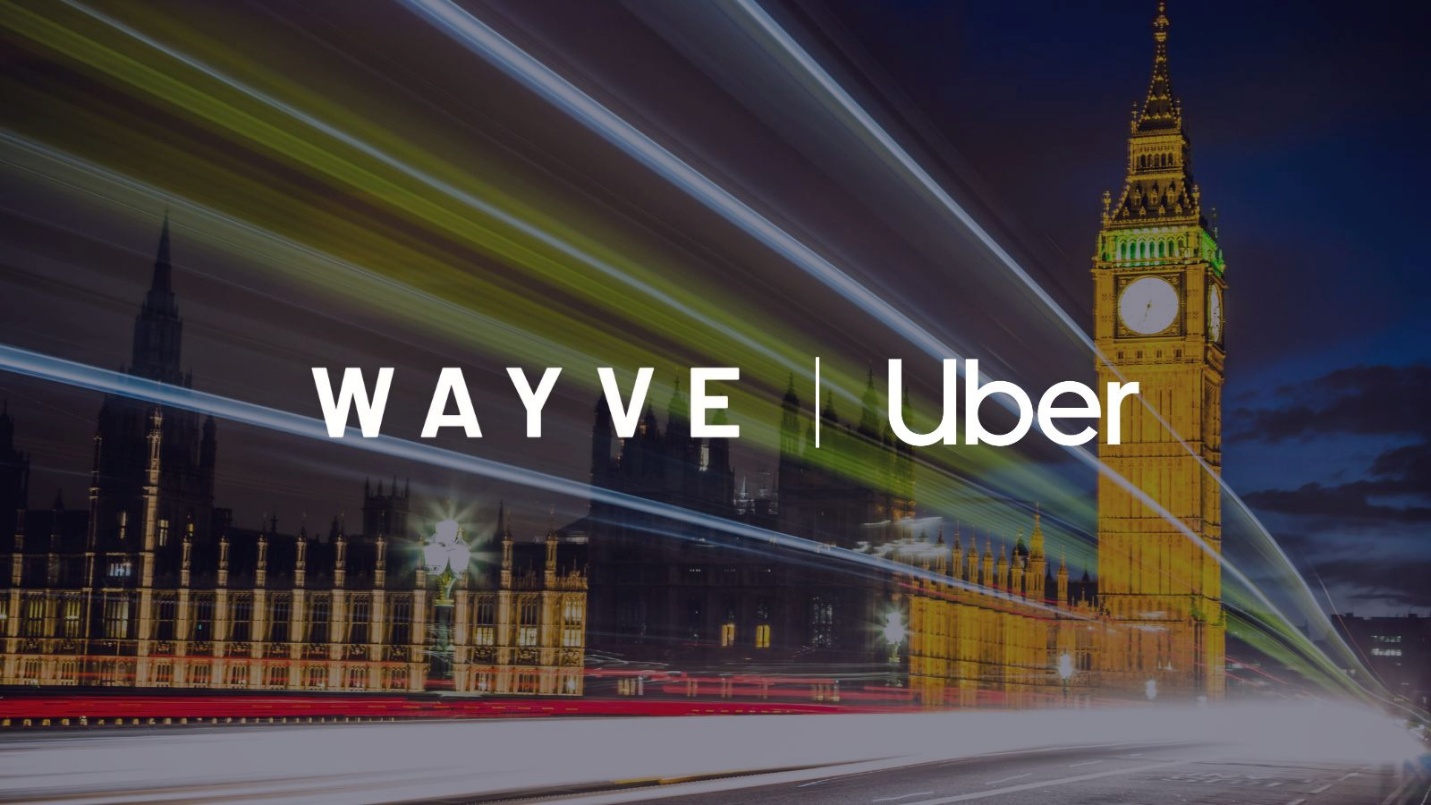Self-driving vehicles are increasingly becoming a reality. One of the most prominent names in this field is Tesla, which recently introduced its self-driving taxi, the Cybercab. However, another company, Uber, is not far behind and optimistically claims that these innovative vehicles will be tested on the streets of London as early as next spring.
Self-driving Taxi Progress Will be Visible on the Streets of London

Wayve and Uber’s collaboration on self-driving taxi infrastructure. Image source: Uber Investor
Uber announces that next spring, London residents may not only see small-scale Level 4 self-driving taxis and bus-type vehicles but also experience them without the presence of a safety driver. For the first time in Europe, companies will be allowed to offer small-scale trials of this kind of service.
Uber, known for its ride-sharing app, is not taking this step alone. It has partnered with the artificial intelligence (AI) company Wayve, which specializes in testing autonomous vehicles under human supervision.
At the moment, it has not been revealed whether Uber’s self-driving taxi trials will be available to customers.
Meanwhile, Andrew Macdonald, President and Chief Operating Officer of Uber, enthusiastically comments on the revolutionary changes in the autonomous vehicle market and their integration into city streets:
“We’re excited to take the next step in our journey with Wayve, bringing autonomous mobility to one of the world’s busiest and most complex urban environments. Wayve’s globally scalable AV2.0 approach makes them an ideal partner to bring Uber’s autonomous vision to reality in new cities around the world. Our vision is to make autonomy a safe and reliable option for riders everywhere, and this trial in London brings that future closer to reality.”
Uber’s Self-driving Taxis Could Benefit the UK Economy
Uber’s opportunity to test its robotaxis on the streets of London emerged after the UK government revised its plans for autonomous vehicles, bringing forward the implementation deadline from the end of 2027 to 2026.
Nevertheless, large-scale deployment of self-driving taxis is expected to begin at the end of 2027, when the Automated Vehicles Act comes into effect.
It is believed that this market shift could create 38,000 jobs and increase the UK economy’s profit by £42 billion by 2035.
Moreover, the benefits are not only economic – self-driving taxis could help reduce fatalities and injuries on the roads, as these vehicles are trained for countless driving scenarios, have faster reaction times, and could also improve connectivity between rural and urban areas.
Safety Concerns Remain
Numerous tests have shown that autonomous vehicles are safe during the daytime and are involved in fewer accidents than human-driven vehicles. However, during nighttime, the situation changes – at least for now, these vehicles face a five times higher risk of being involved in accidents.
Uber’s robotaxis are already operating in Austin, Texas. Since March, customers there have had the option to choose a driverless ride. These vehicles operate 20 hours a day, 7 days a week. Seeing this competitive environment, Tesla is also planning its expansion in the area.
Final Word
As we can see, conditions are increasingly being created to enable self-driving taxi services in Europe. If promises are fulfilled, London is set to make history by becoming the first city in the region to implement a fully driverless smart taxi service.
If you are interested in this topic, we suggest you check our articles:
- The Role of AI in Self-Driving Cars
- Autonomous Ride-Hailing: The Collaboration Between Waymo and Uber
- Tesla Cybercab and Robovan Release: The Evolution of AI Continues
Sources: The Guardian, The Standard, Uber Investor
